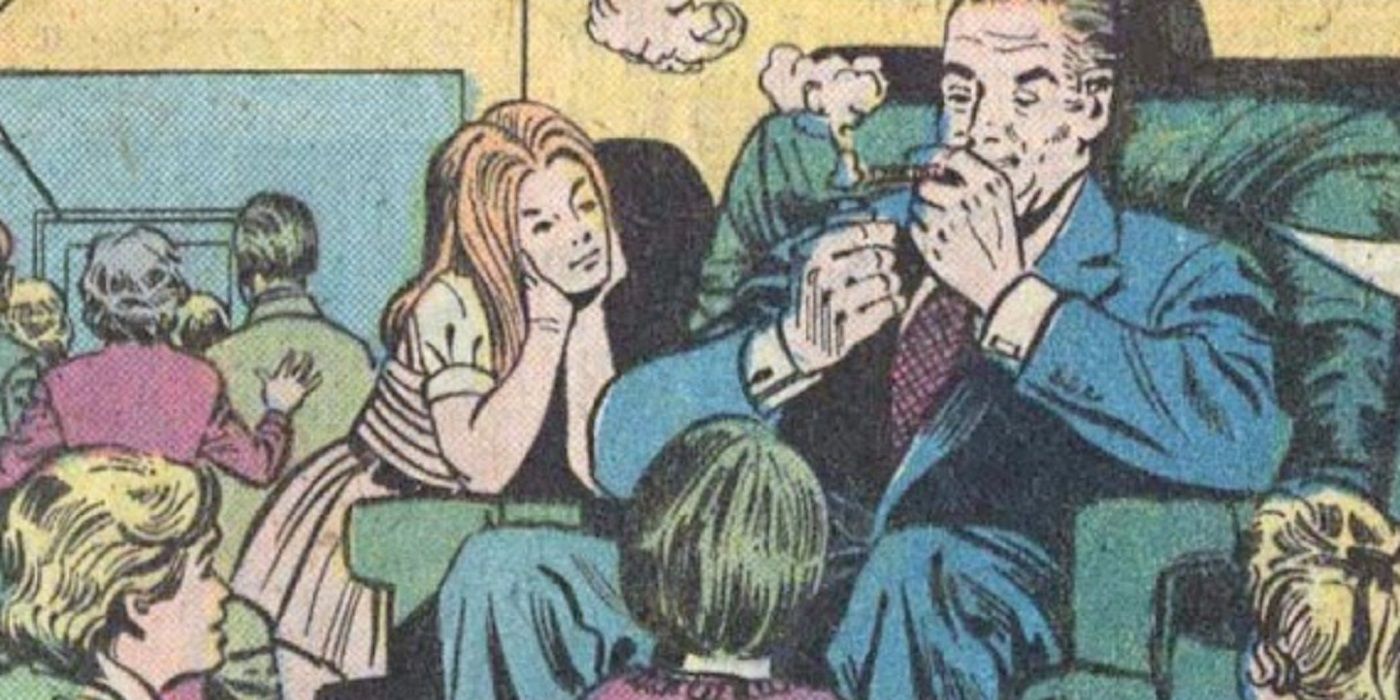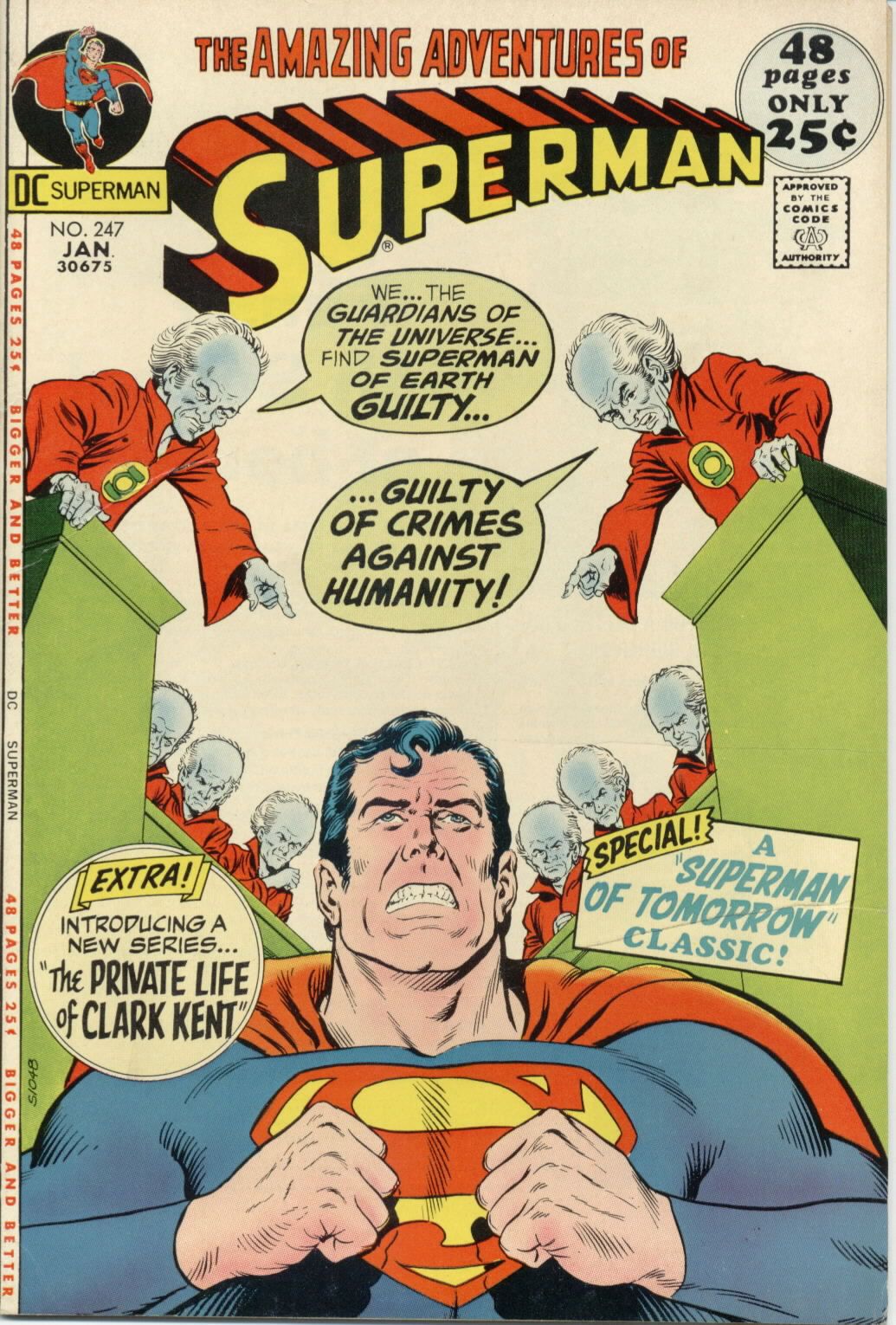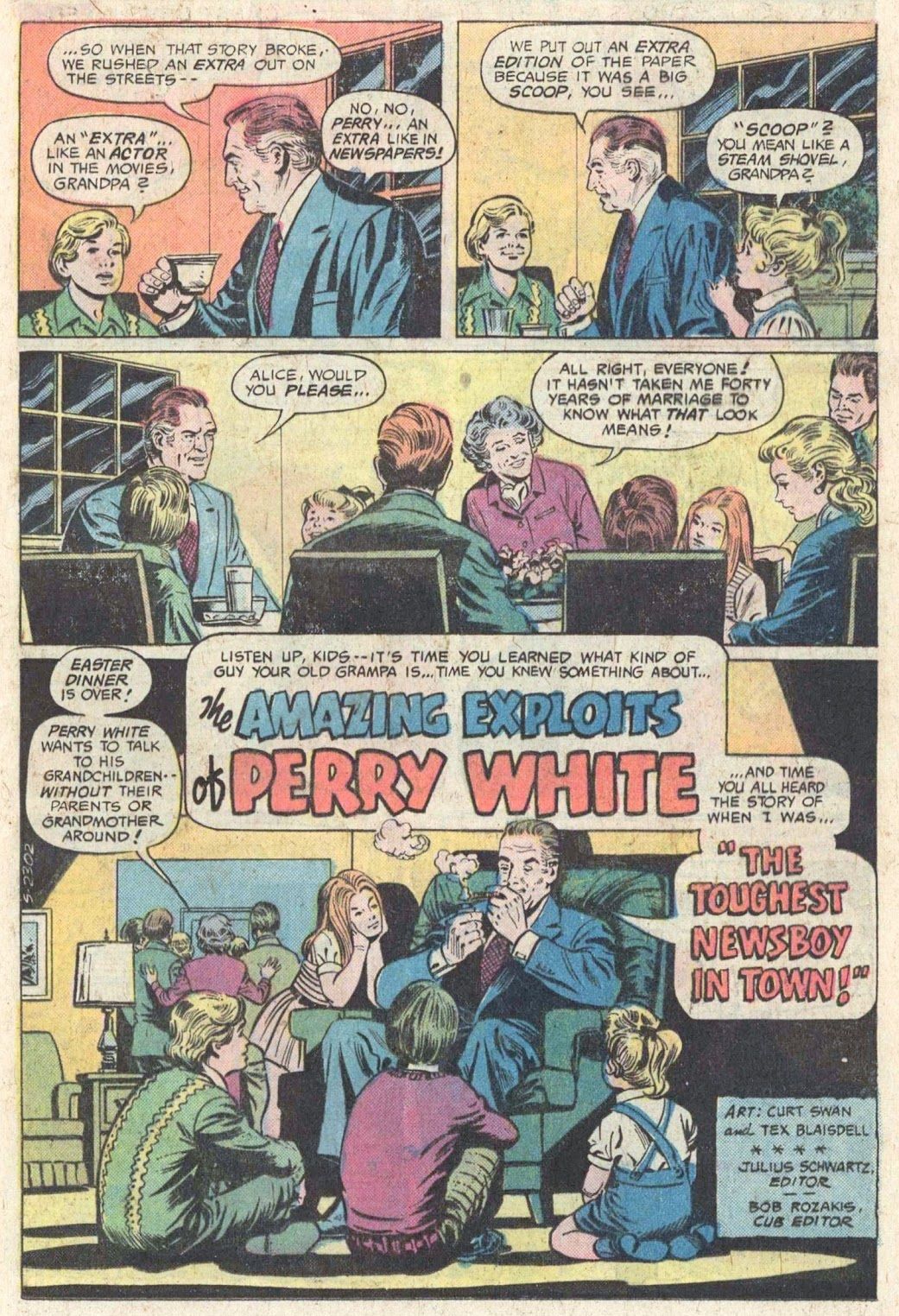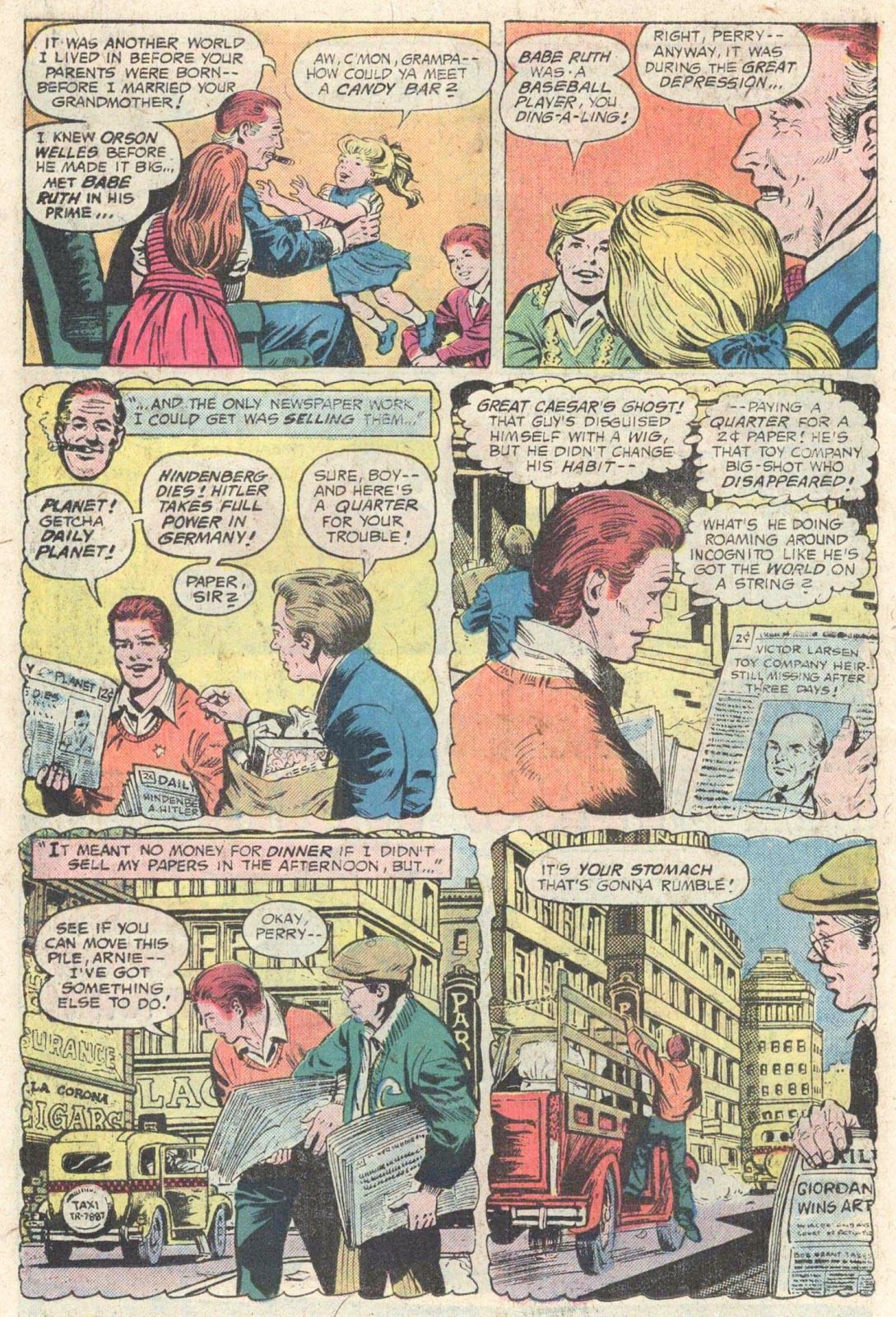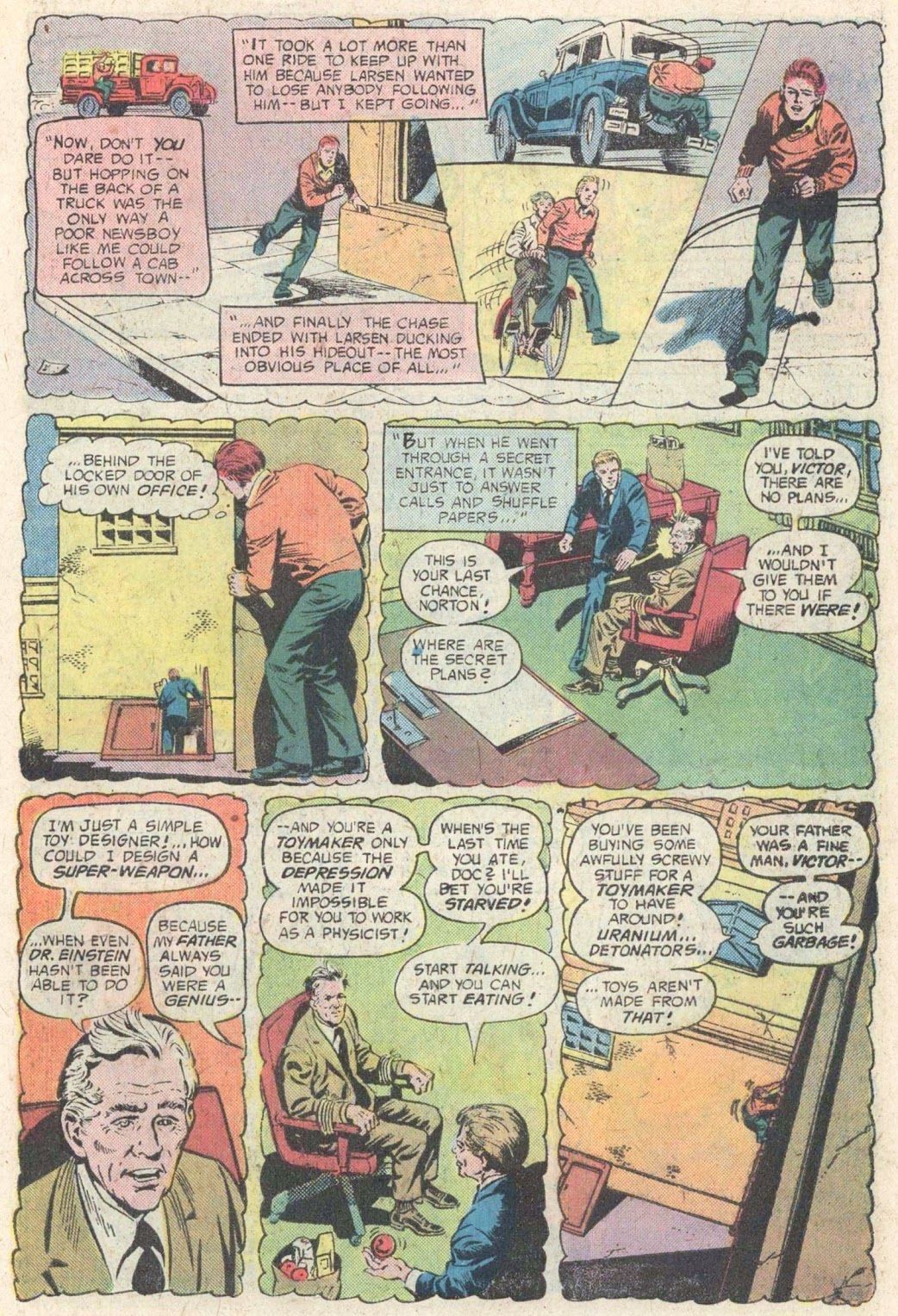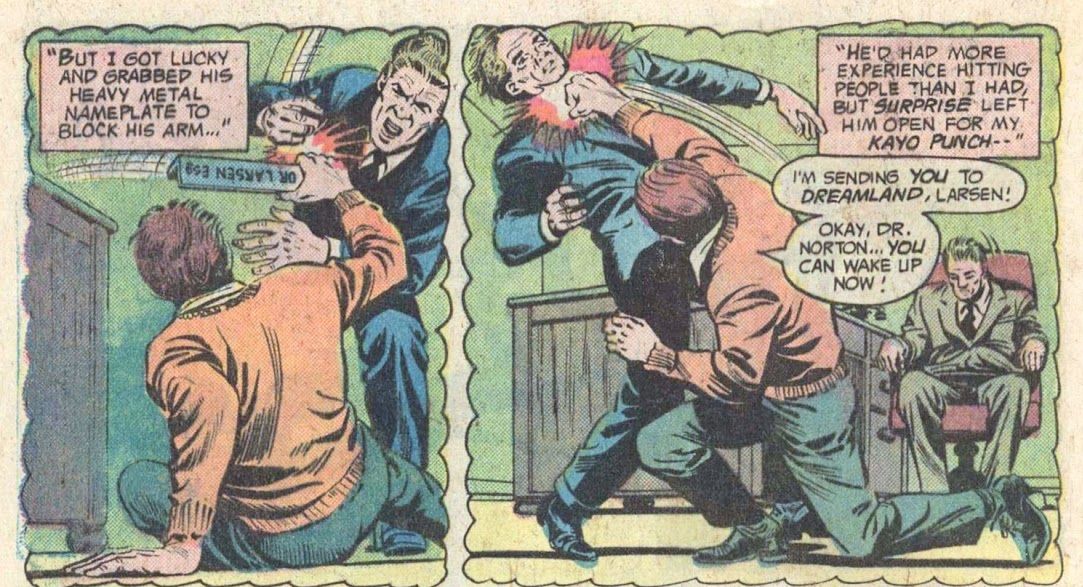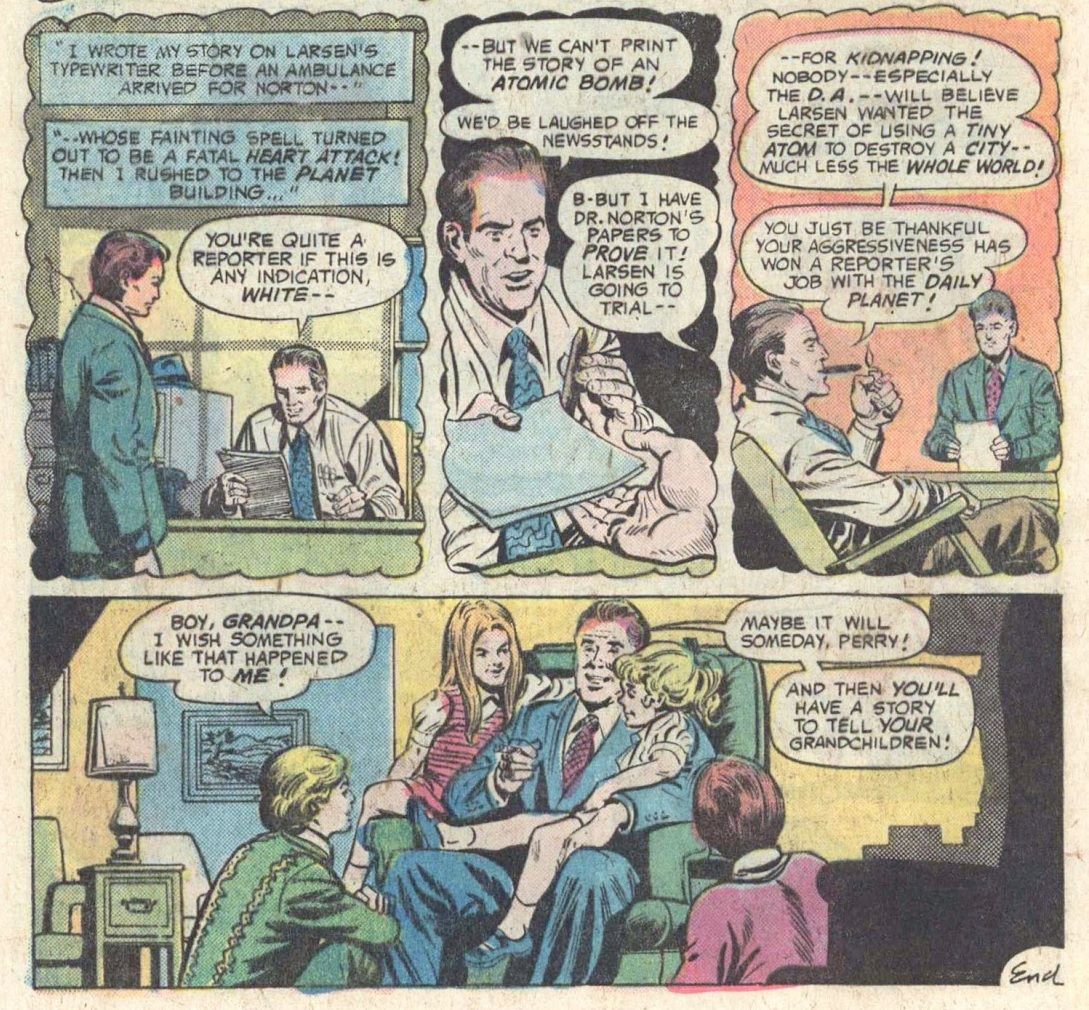This is "Turns Back the Page," which is a look at interesting back-up stories from comic books. If you have suggestions for back-ups that you'd like to see me write about, drop me a line at brianc@cbr.com!
The end of the 1960s was a turbulent time for the Superman family of titles. Mort Weisinger had been in charge of the Superman books for over two decades, but a number of things were coming together to make him feel like the end was getting near. Perhaps the biggest change was that Superman was briefly not DC's highest selling superhero title, as a certain TV series that came out in 1966 catapulted Batman to the top of the heap. At the same time, Marvel Comics was making major waves and causing a lot of doubt as to whether DC Comics would soon lose their status as the top comic book company in the business (Marvel would pass DC early in the 1970s). Carmine Infantino becoming DC's new top editor soon after National Comics was purchased in 1967 was another sign that maybe Weisinger's time had come to a close. For many years, Superman comic books had been the undisputed king of the comic book hill and now that they weren't (even though they were still VERY popular), it really rattled Weisinger. However, another major issue for him was that he was going through a major change in his creative personnel.
Two of Weisinger's top writers, Jerry Siegel and Edmund Hamilton, stopped writing Superman comics at this point in time. In Siegel's case, he was fired because he was planning on trying to sue for the copyright for Superman in 1967 and in Hamilton's case, he had to retire due to his declining health. This left Weisinger two veteran writers, Leo Dorfman and Otto Binder, plus two very young writers that Weisinger was grooming for bigger things - Jim Shooter and Cary Bates. Bates had been a longtime letter writer that Weisinger had gotten a cover idea from in the past. Shooter worked mostly on the Legion of Super-Heroes, but Bates was soon writing the main Superman titles on a fairly even level with Dorfman.
Finally, with the 1970s approaching, Weisinger just decided to retire. Oddly enough, DC initially decided to split the two main Superman titles up between Julius Schwartz and Murray Boltinoff. Schwartz brought on one of the hippest writers of the era, Denny O'Neil, to write Superman...
While Boltinoff took a more "if it ain't broke" approach to Action Comics, continuing to use Dorfman and Bates interchangeably.
O'Neil stayed on the book for about a year and then left, leaving Schwartz to look to new writers (Dorfman and Binder both literally died in 1974). One of the new writers he added was a young journalism college student at Brandeis University named Elliot S! Maggin, who really captured Schwartz's attention with a story called "Must There Be a Superman?" Maggin actually got the idea for the story from a conversation that he had with the young step-son of the vice president of Maggin's school. Maggin would sometimes have dinner at their home and he befriended the veep's step-soon, who had recently gotten into comics. That son was Jeph Loeb (Loeb was not, like, a baby at the time. He was probably in his early teens or close to it).
When Schwartz took over Action Comics, as well, his two main writers were Maggin and Bates.
However, Maggin was still only a few years removed from college and there was a bit of a generation gap between himself and Schartz, and it would come to a head in a 1976 Perry White backup story...
Page 2: [valnet-url-page page=2 paginated=0 text='See Maggin literally take his name off of a story!']
The story in 1976's Action Comics #461 involved young Perry making a scoop - a toyman is trying to build nuclear weapons!
and he stops the bad guy AND gets the story...
In the end, though, Perry's editor turns down the story.
As it turned out, however, in Maggin's original script, the story WAS published. Maggin later recalled:
Julie Schwartz and I were having an argument over editorial/writer turf. I was a fresh journalism school graduate and wrote this story to make a point about the right of the public to public information. Julie changed the ending to make a point about an editor's right to skew any story any way he liked. So I took my name off the story -- covered it over on the artwork with india ink while it was in production.
Maggin quit writing for the Superman titles, but he and Schwartz hashed things out and Maggin returned in the early 1980s.
If anyone else has a suggestion for an interesting comic book back-up story that they'd like to see featured here, drop me a line at brianc@cbr.com!

